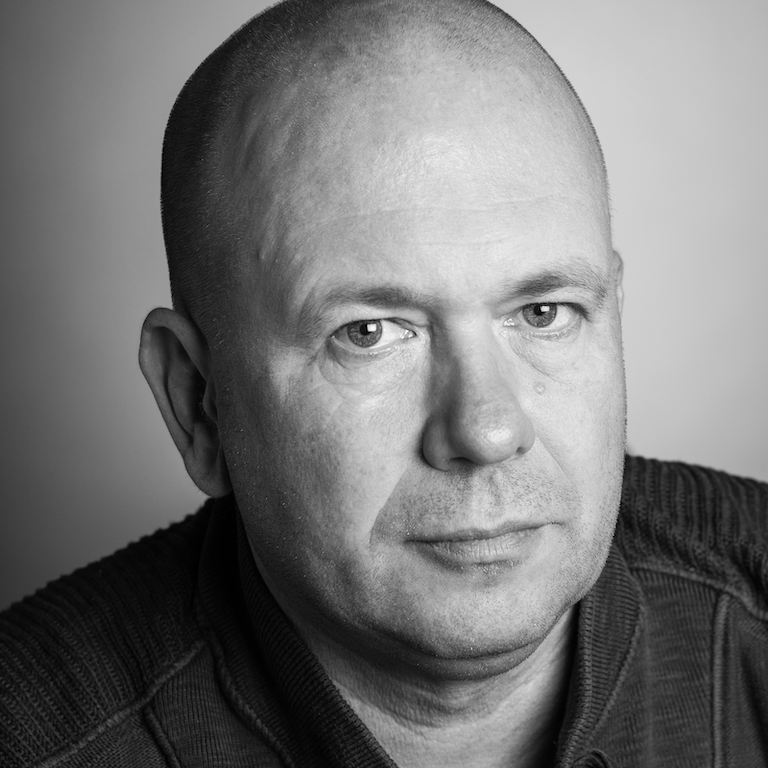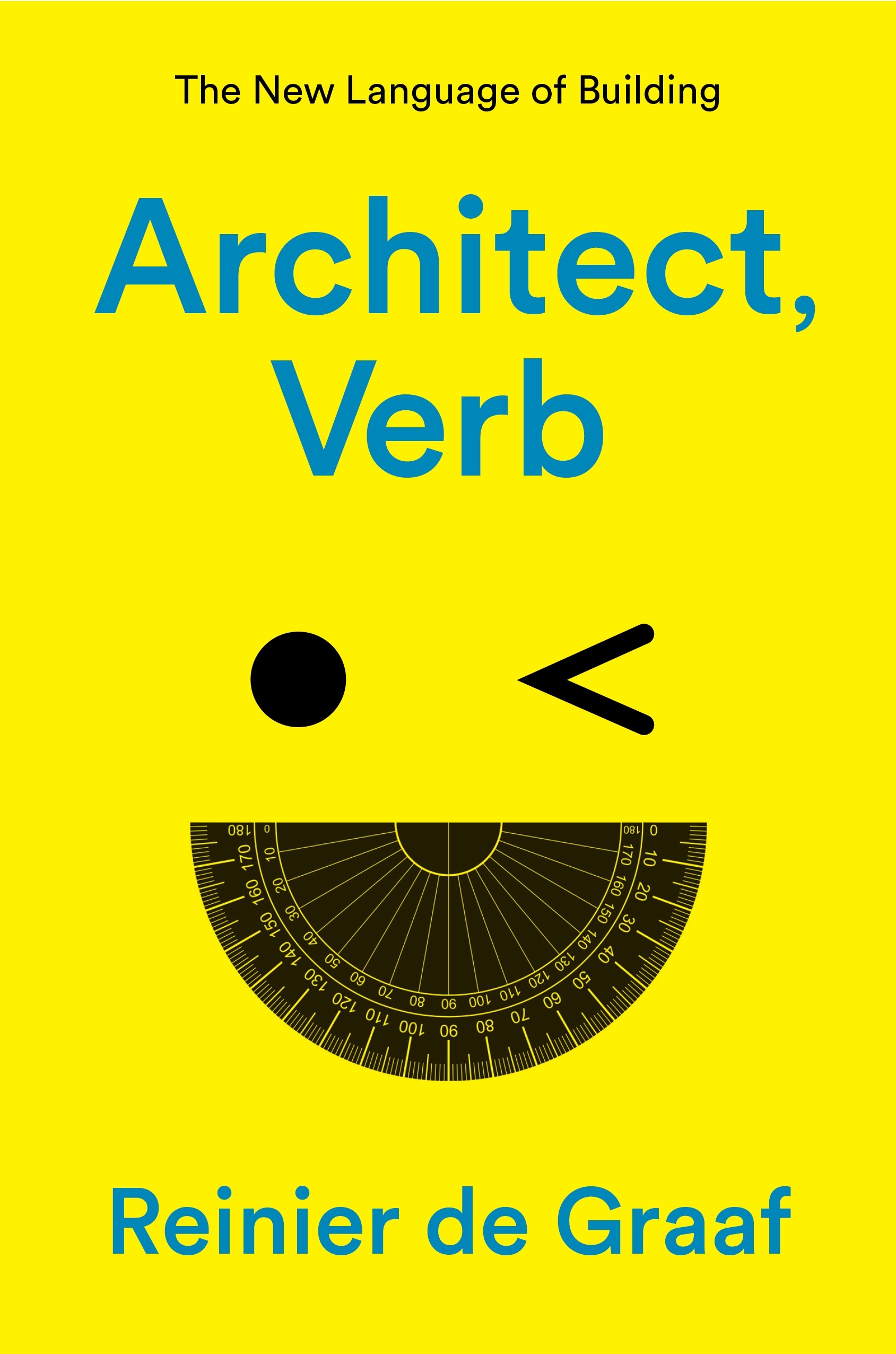DATE↓
STORY TYPE↓
AUTHOR↓
“Words are often lies,” the theorist and OMA partner says of the terms he sees governing architecture today, “or crude misrepresentations of certain subtle truths.”

The writing of architect and theorist Reinier de Graaf, a Rotterdam-based partner at the Office for Metropolitan Architecture (OMA) and co-founder of its research arm, AMO, fuels his role as a contrarian in his field. The offer for his first book, Four Walls and a Roof: The Complex Nature of a Simple Profession, which paints a bleak picture of what it’s like to be an architect, came from an editor at Harvard University Press after reading the Dutch designer’s 2015 essay in The Architect’s Newspaper on how French economist Thomas Piketty’s economic theory explained all the stylistic changes in architecture better than any architectural historian. Following other articles about his profession of a similarly incisive, critical-insider tone and his 2020 novel, The Masterplan, about a Kafkaesque antihero architect, de Graaf decided to tackle a topic that originates outside his work: the unsolicited (and often unattainable) rules and expectations that lawmakers, marketing teams, and the outside world put onto 21st-century architects.
Presented in the new book Architect, Verb: The New Language of Building (Verso), de Graaf organizes his critique into 10 chapters that each tackle a different term that is commonplace among his peers, and uses the words to demonstrate and dissect the industry’s mostly saturated, populist, and subversively hierarchical landscape. They include, in order of appearance, starchitecture, world-class, excellence, sustainability, well-being, livability, placemaking, creativity, beauty, and innovation. (I can hear the groans.) In the book, he deftly mixes history, anecdotes, and personal experience to build a case for his thesis: that architecture has become boxed in by futile regulations, and that trying to fulfill them diverts architects’ energy and attention away from their medium. “One could argue that to measure something is the first step in removing it from the realm of free will,” he writes. Without such rules, de Graaf thinks architecture could return to being architecture again, and to a different set of directives: “a discipline of ideas,” as he puts it, and “a domain that help[s] formulate standards.”
His tactics for unpacking each expression vary. Sometimes he wields comedy, as when he tallies up the stupefying number of codes and green-building rating system updates architects must decipher to simply do their work. In an appendix, he offers a name and a droll description for architecture’s circuitous lingo—the one fueled by Zoom meetings, extended email chains, and the creative industries’ growing obsession with productivity—profspeak: expressions and promises that really do nothing but serve as fillers in conversation, or as de Graaf described it to me, “the language of petty excuses.” (During the pandemic’s lockdowns, he’d often turn off his camera during meetings, and take notes on all the words people used.) Elsewhere, he waxes analytical, as when detailing the forces that have deemed Vancouver more “livable” than Vienna, and the pros and cons of the metric. Ethics also go under his microscope: What happens when the morals, labor, sustainability, and purpose surrounding a building clash with fame, finance, and competition?
To better understand the context and development of de Graaf’s assertions, I recently asked him to expand on his linguistic observations. Here, he talks about architectural jargon, the truths and lies it illuminates, and the term that matters most for the future of his profession in order for it to flourish.

“I’m a Dutch speaker by birth, but I lived in England for quite a few years. My first job was in the U.K., which meant that I had to express myself professionally in English. I’ve always been fascinated by English English, not so much American English. The English have divorced words from meaning in such wonderful ways that they know how to hint at certain things almost better than anybody else, while the Dutch are known for being direct. You can imagine my first few years as a recent graduate in England.
Many English words around architecture today imply an apparent global consensus that you cannot disagree with. However, I find extreme demonstrations of virtue suspicious, and their manifestation extremely humorless. I thought the best critique of them would be to aim for satire, because one of the real drawbacks about the current terminology is that you can’t really apply any critical apparatus against it. Then, humor becomes a powerful tool. Of course, I do apply a critical apparatus against it in the book, in the sense that I trace back the history of each term to when it entered the discourse, or when it was invented to mean almost the opposite of what it actually means.
If [an architect] participates in any tender at the moment, there is a long checklist with so many boxes to tick. Many architects pick the proposition that checks the most boxes, not necessarily something that appeals most instantaneously. The more the decisions are deferred in the system, the less there is an authentic appreciation of a building, or any notion of what defines a good building.
Architecture is a very old discipline that has been able to adapt itself to different political, social, and technological situations. It embodies a body of knowledge, but it has internalized certain forms of knowledge to the point that it doesn’t always expressly articulate them in words. Architecture is part of the rituals and creative habits of those who study the profession, and therefore, it is also so vulnerable in the face of measurement systems that have defined terminologies that operate by words exclusively. Words are often lies, or crude misrepresentations of certain subtle truths.
When architecture becomes a spectacle to observe, the term world-class often comes into play. When a client uses that term, I have to suppress laughter. There are many words I can’t use without some irony. Other terms, such as livability, were invented by politicians. That includes the term sustainability, which hopes to make architecture measurable and accountable in terms of how you assess something as vague and subjective as how sustainable it is.
Sustainability is an eco-term that has become an economic term. That is very dangerous, because there’s so much lip service, and the demonstration of virtue gets in the way of real virtue. Obviously, you can’t be against sustainability. I’m not in favor of wasteful architecture. You see so many buildings being presented in the name of sustainability, but if you take a closer look, they’re not sustainable at all. And yet, sustainability is the primary thing that matters about the future, and something that has to happen. There’s currently a major pushback against globalization, but climate change, as a global problem, will soon forge another form of globalization—one not driven by economic opportunism, but by necessity.
Or consider the word starchitect. People generally think architects are powerful, but I can tell you from my work of thirty-five years that they are not. They have to mediate between very different interests, and even opposing ones. They are manipulators, pleasers, charlatans. Also, Frank Gehry, Jean Nouvel, or you name it: The single-handed genius is not really the case in architecture anymore. Buildings are Gesamtkunstwerks by definition, but the paradox is that buildings are not one person’s work. The end result is the work of so many people at an office, and also engineers, mechanics, builders, and many others.
We need all of their [expertise and creativity] in architecture. Bauhaus paved the way for the disappearance of the architect by objectifying the practice to such a degree, using an almost scientific approach and functionality, across construction, engineering, and art. It rid architects of the subjectivity of creation. And Bauhaus ideas are essentially the underlying principles of mainstream construction today. Ludwig Mies van der Rohe said that the industry will solve all our intellectual problems. But what he forgets is that if indeed that is the case, then there is no longer a need for people like him.
An earnest scientific assessment of things is a necessity and an integral approach [to change]. Precision in language, and also precision in action and honesty, are paramount. There is a beautiful book about this by philosopher Harry G. Frankfurt, called On Bullshit, which I recommend.”
This interview has been edited and condensed for clarity.